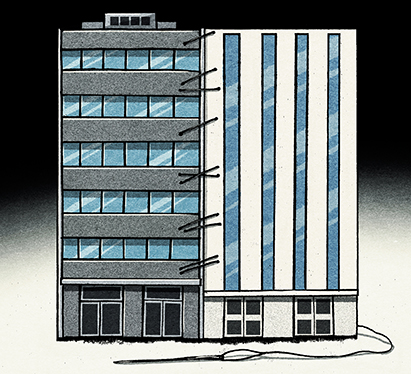Editorial: Proposed new rules on asset management fee disclosure could cut into the consistently high profit margins of asset managers, but there are other trends investors should be aware of.
As pressure is mounting to improve competition after the Financial Conduct Authority’s market study, market effectiveness could again be weakened — by increased merger activity.
Meanwhile, Brexit is happening, and one of fund managers’ most reliable client bases — the Local Government Pension Scheme funds — is shrinking as assets are pooled on the buy-side, also giving investors an edge in negotiations.
In this colder climate for asset managers, more have been looking to join forces and cement their position or secure survival.
Clearly, a smaller selection of managers and potential overlap of clients between merged houses is not good news for pension funds (find out why).
But the 2007-2008 financial crisis has meant that pension fund trustees are less naive than perhaps they were 10 years ago, when pension schemes were among those who bought mortgage-backed securities with misleading ratings.

Today, institutional investors tend to seek minimal fees and transparency; in times of low yields, every basis point counts. So even in markets such as liability-driven investments, where just three companies dominate, competitive tension is slowly increasing.
The EU’s second Markets in Financial Instruments Directive, which comes into force next year, could also shake things up.
Under the new rules, investment research costs will have to be paid for separately to execution — and asset managers need to decide whether to absorb those costs, or charge clients for them.
With a slew of new regulations, pension funds are ever more reliant not just on lawyers and consultants, but skilled pension fund managers. What makes a good pensions manager, and are they a dying breed? Find out if you have what it takes.
Sandra Wolf is editor at Pensions Expert. You can follow her on Twitter @SandraCWK and the team @pensions_expert.

















